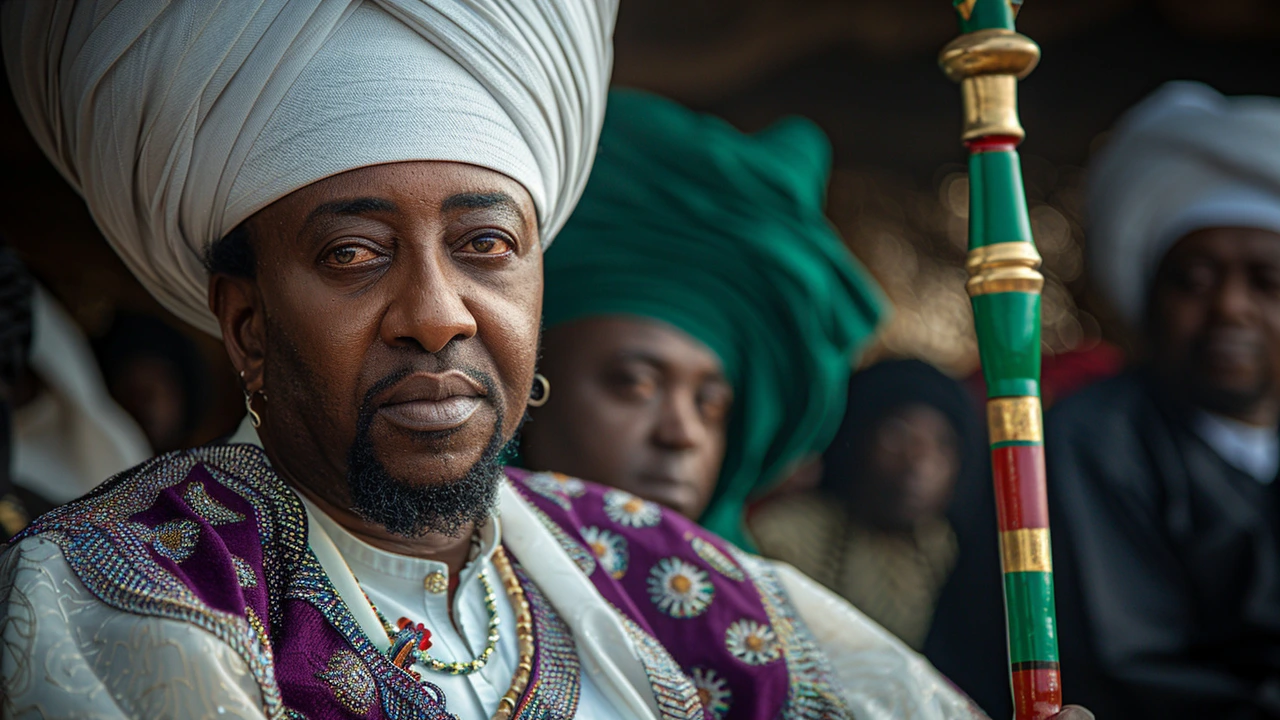Understanding the Emir of Kano: Nigeria’s Influential Traditional Leader
The Emir of Kano holds one of the most respected and powerful traditional titles in Nigeria, particularly within the northern region. As the monarch of the ancient Kano Emirate, the Emir plays a major role not just culturally but also politically in Hausa land. Whether you’re curious about Nigerian history or how traditional leadership fits into modern governance, the Emir’s role offers an interesting perspective.
Who is the Emir of Kano?
The Emir of Kano is the traditional ruler of Kano, a city with a rich history dating back centuries as a major trade and cultural center in Northern Nigeria. The Emir serves as both a spiritual leader and a custodian of traditions, overseeing Islamic affairs and local customs. Beyond ceremonial duties, the Emir acts as a mediator and advisor within the community, influencing social harmony and development initiatives.
Why Does the Emir of Kano Matter?
In Nigeria’s complex political system, the Emirate represents an enduring link between the past and present. The Emir often works closely with government officials but maintains a degree of independence by promoting culture and religion. This balance helps ease tensions and provides a voice for local people. Additionally, the Emir’s influence extends beyond Kano, shaping perceptions about governance and leadership in the broader northern region.
For those exploring Nigeria’s diverse leadership landscape, understanding the Emir’s position sheds light on how history and tradition continue to affect daily life and politics today. From dispute resolution to hosting cultural festivals, the Emir of Kano remains a central figure who mirrors the identity and aspirations of his people.

Muhammadu Sanusi II Poised for Restoration as Emir of Kano After Legislative Move
Reports suggest that Muhammadu Sanusi II may soon be reinstated as the Emir of Kano. The Kano State House of Assembly passed a bill to nullify the law that dethroned Sanusi and other emirs in 2019. Now, Governor Abba Kabir Yusuf's signature is awaited for Sanusi II's return to the throne. This legislative move signals a significant shift in the state's political and traditional landscape.
